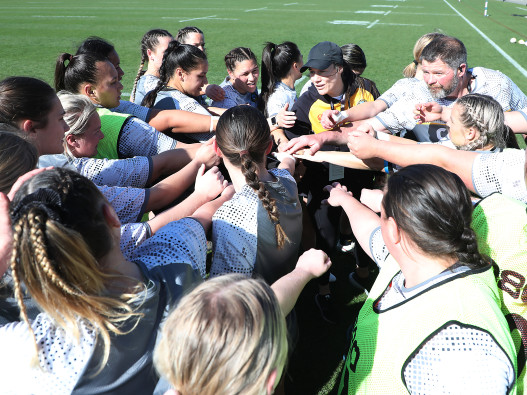Set Boundaries
Establish clear boundaries between coaching and personal time to ensure you can recharge.
Coaching is not just a role but a significant responsibility that comes with its own set of challenges.
A coach's mental fitness is crucial, not only for their own wellbeing but also for the positive influence it has on their players. Here’s how coaches can maintain mental wellbeing and resilience.
A coach is a leader, strategist, motivator, and often a confidant. The ability to manage not just the game, but also the aspirations and emotions of a team, requires a sound mind. Mental fitness for coaches means being in the best psychological state to handle these tasks effectively.
Establish clear boundaries between coaching and personal time to ensure you can recharge.
Prioritise tasks to prevent feeling overwhelmed and to allow for breaks.
Empower assistant coaches and players to take on responsibilities, fostering trust and teamwork.
Mental fitness is just as important as physical fitness for overall health and well-being. Just like exercising our bodies to stay physically fit, we need to actively engage in practices that support and strengthen our mental and emotional health.
Show your team that you value mental health by practicing what you preach.
Educate your players on the importance of mental fitness and provide them with resources.
Foster an environment where players feel comfortable discussing their mental health.
Regularly check in with yourself to gauge your mental state and make adjustments as needed.

Seek feedback from your team and peers on your coaching and communication style.